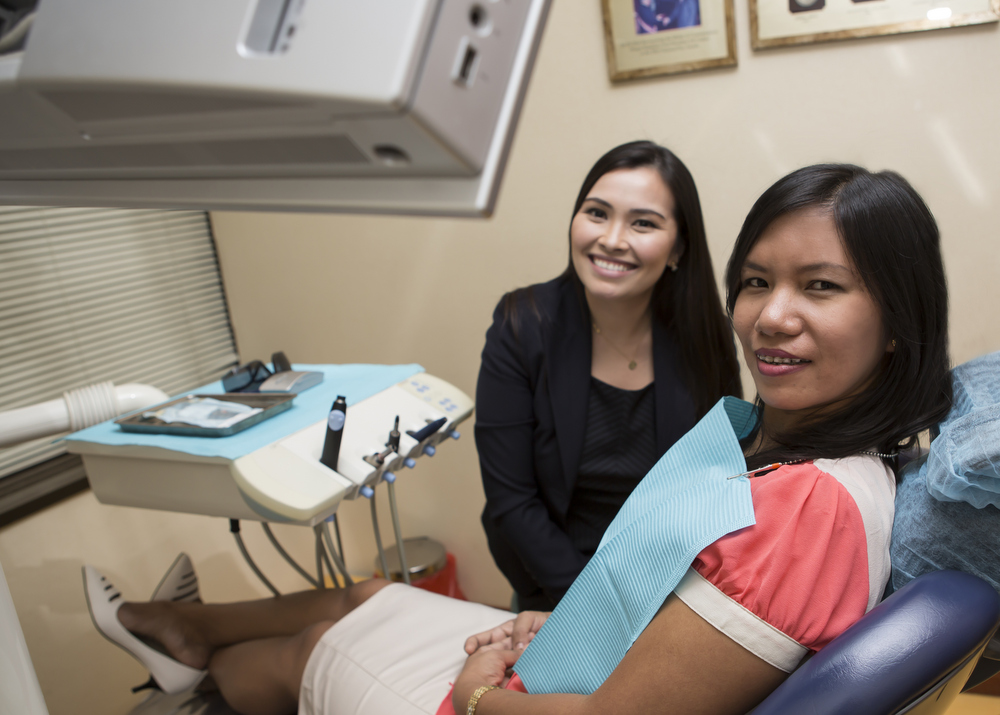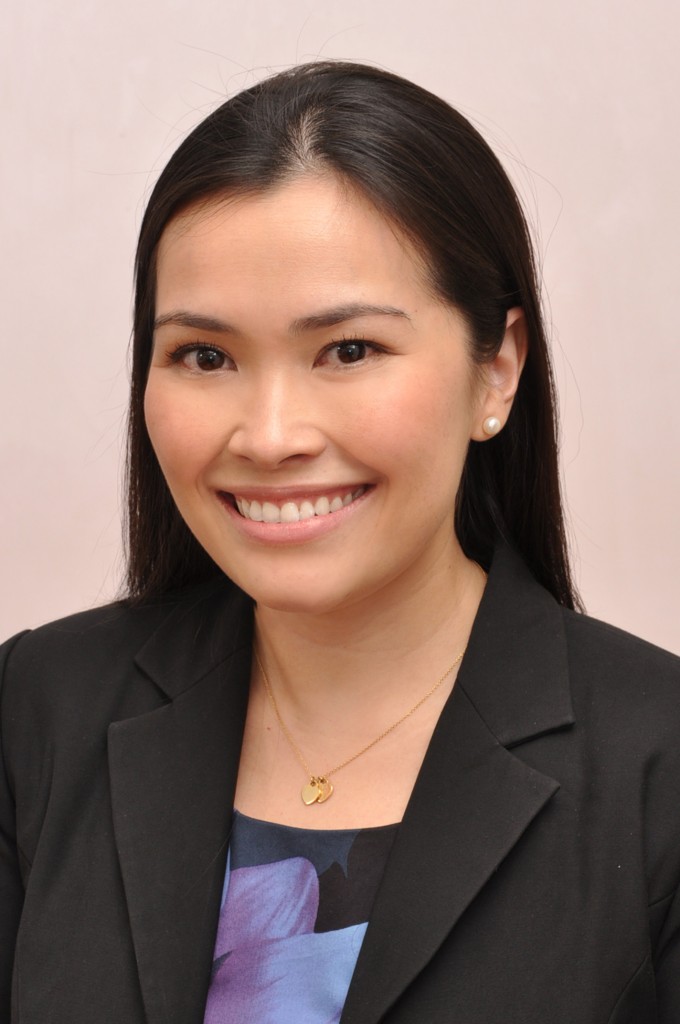 Specialist Dental Group has launched an on-going series of blog posts by our individual dental specialists. All views provided are the dentist’s own opinions and are posted on this blog as part of our on-going efforts to educate the public about dental issues and other matters of interest relating to dentistry and healthcare.
Specialist Dental Group has launched an on-going series of blog posts by our individual dental specialists. All views provided are the dentist’s own opinions and are posted on this blog as part of our on-going efforts to educate the public about dental issues and other matters of interest relating to dentistry and healthcare.
I was reading a scientific paper today entitled ‘Your whole life is lived through your teeth’ (Rousseau et al. 2013) where the authors carried out interviews with men and women who had experienced tooth loss and tooth replacement. In the article, the authors stated that “most dental disease can be considered to be a chronic illness which disrupts the structure of everyday life”. The participants that they interviewed described losing teeth as ‘devastating’, ‘a failure’, and ‘aged me psychologically’. Clearly, teeth are important not only for function, but also for the emotional and psychological health of the individual.
As an orthodontist, malocclusion may be the “disease” that affects most of the patients that I assess. A malocclusion occurs when there is a misalignment of teeth or when the relationship between the teeth of the upper and lower jaws is incorrect, and encompasses a range of severity from mild to severe. Although a malocclusion is not an illness, this variability from the norm may lead to several situations which can be disruptive to normal everyday life, including:
- Tooth size discrepancies
This is also known as crowding or spacing of the teeth. Crowding often manifests as overlapping teeth, which patients may find difficult to clean effectively. When this is present, (periodontal) gum disease and tooth decay can occur which can cause bone loss, tooth mobility, and cavities. Spaces between teeth may occur for many reasons including teeth of smaller than normal size, missing teeth and periodontal disease. Spaces between teeth can lead to food packing (food getting stuck in-between teeth) and difficulties in cleaning between the teeth.
Of course, both crowding and spacing can also present as aesthetic concerns for the patient.
- Teeth that stick out
Younger patients with this complaint may be more susceptible to traumatizing their front teeth as the teeth are unprotected by the lips. Broken teeth commit the patients to a lifetime of dental treatment to restore these teeth.
Some patients may also complain of being bullied or teased at school because of the appearance of their teeth.
- Patients with jaw size imbalances.
This group of patients are often concerned about both the function and aesthetic appearance of their jaws. A reverse overjet, where the upper teeth are a distance behind the lower teeth, may be severe enough to prevent some patients from wanting to enjoy their meals in public as they find it difficult to bite into certain foods.
These are just a handful of common malocclusions that present on a daily basis.
In the past, it may have been acceptable, and in some cases inevitable, that one would lose teeth throughout adulthood and “progress” into the stage of false teeth in the form of bridgework, dentures or implants. Increasingly, it is becoming the norm for patients to retain their natural dentition well into later life. These patients may be ideal to benefit from multidisciplinary treatment plans that combine orthodontic treatment with restorative and/or periodontal treatment. Orthodontic treatment is therefore not limited to young children or teenagers. The only criteria to be eligible for treatment are to be able to maintain good oral hygiene during treatment and to be cooperative with appointments and appliances!
Orthodontic treatment like braces and Invisalign®, and other dental treatments, is a substantial personal investment but one that is definitely worth it, as described by the authors of the paper I was reading: ‘Your whole life is lived through your teeth.’
Dr. May Ling Eide is a UK orthodontist with Specialist Dental Group®. She received her specialist training in orthodontics from the University of London, United Kingdom and is registered as an Orthodontist on the Specialist List of the General Dental Council in the United Kingdom. Dr Eide is an Adjunct Clinical Lecturer at the National University of Singapore. For more information, visit www.specialistdentalgroup.com.






